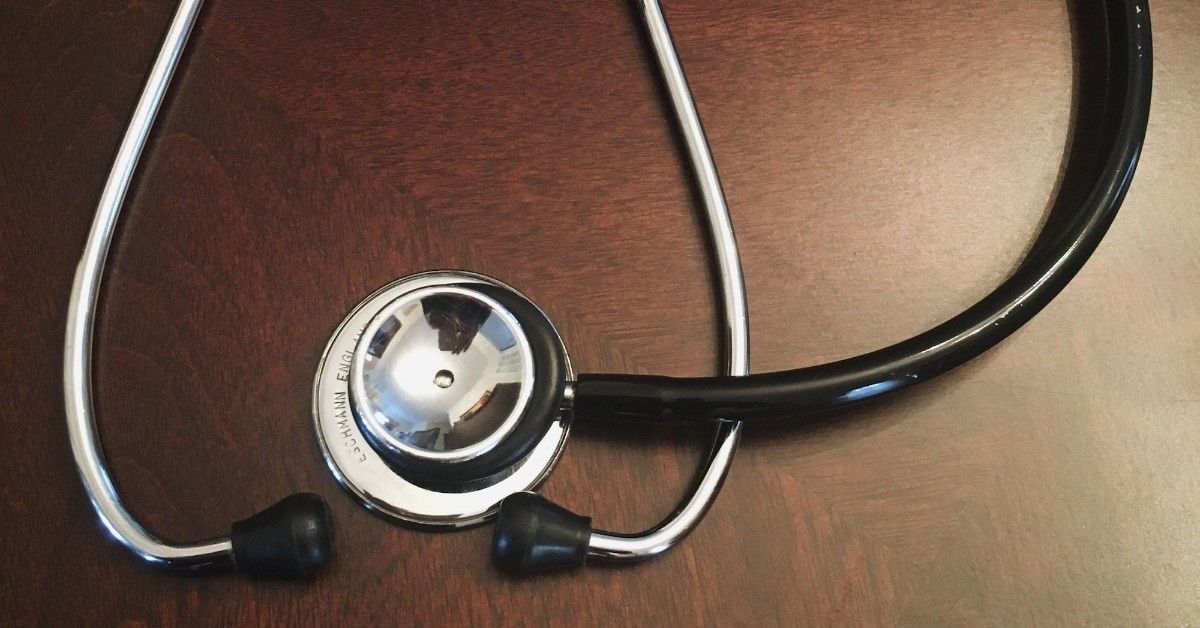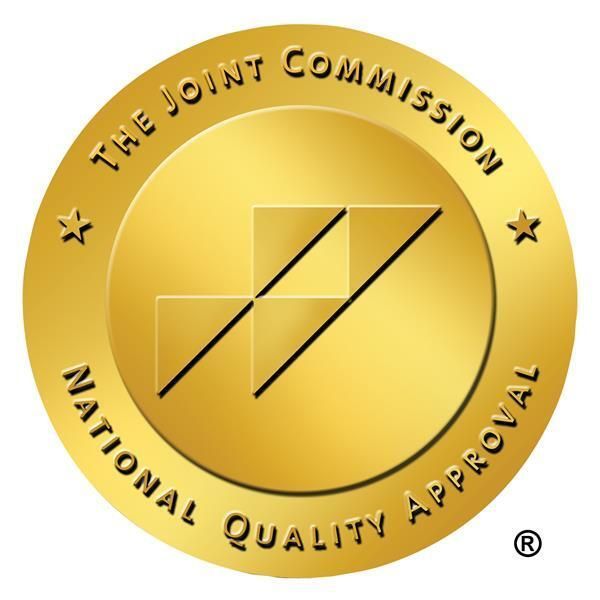All You Need to Know about Private Duty Nursing Care
- By Arry Charles
- •
- 08 Oct, 2022
- •

For many families where a loved one is battling a long-term illness, deciding whether to opt for in-patient care or private duty nursing care can be a challenging choice. While it’s easy to see the potential benefits of in-patient care, it’s also important to consider why at-home private care might be a good option for you and your loved ones. Private nursing can often provide the same support with both physical and emotional needs that a patient would receive in a medical facility, but from an environment that is familiar and comfortable. Check out the guide below to learn more about the role of a private duty nurse and what at-home care might look like.
When a Private Duty Nurse Might Be a Good Option
There are a number of medical conditions that might necessitate private duty nursing care, also known as skilled nursing services. In general, this type of care is needed for anyone who has been prescribed long-term and continuous care by a doctor. If you’re unsure whether you qualify for this type of service, it’s best to reach out to your regular doctor to inquire if you or your loved one would be medically eligible.
Possible Medical Needs
A few examples of medical conditions that could benefit from private duty nursing include but are not limited to ALS; a birth injury; muscular dystrophy; spinal cord injury; traumatic brain injury; congenital heart disease; a developmental disability; or end-of-life care. While this list is not by any means exhaustive, it gives a good context in describing the types of medical conditions that might necessitate long-term and continuous medical assistance daily to support maintaining comfort.
The Role of a Private Duty Nurse
The job of a private duty nurse is to provide individualized and one-on-one medical care to their patient based specifically on their healthcare and treatment plans. This might involve several different tasks, and as such, skilled nurses are trained to provide support in many different medical areas. Areas of at-home support might include things like medication and injection administration, ventilator care, catheter and ostomy care, feeding tube care, oxygen level monitoring, seizure support, or respiratory treatment. Private nurses come equipped to provide the same level of care that a patient would receive when staying at a long-term facility.
Types of Certifications
Depending on the type of care you are looking for, it is always a good idea to investigate what type of certifications might best equip your private duty nursing staff to care for your needs. You can discuss with different homecare companies what types of certifications their staff have to offer, while also keeping in mind that you should be ensuring the company itself is a licensed agency. Often, skilled nurses might have specific certifications in areas such as geriatric care, care of children with mobility or developmental issues, or post-operative care, so do not be afraid to inquire about the qualifications of your possible in-home support.
What Does a Typical Visit Look Like?
In general, your private duty nursing care will include a skilled nurse coming to your home and providing ongoing assessment and care. A typical day for an at-home nurse might include managing the chronic condition of the patient, checking vital signs, and providing ongoing therapies or treatments. Another daily element of the work an at-home nurse does often involves educating the family on different support techniques as well as reinforcing any training family members might have learned previously. When your nurse first begins their visits, ask them to run through what a regular check-in would look like for them. Make sure to also discuss with your family doctor the at-home services that are being provided, and regularly check in with both the at-home nurse and doctor to see if any adjustments need to be made to you or your loved one’s treatment plan.
The Benefits of Private Duty Nursing Care
While we briefly mentioned this previously, it is important not to undersell one of the main benefits of private nursing care, which is that the patient will be in the comfort of their own home. Environmental factors play a huge role in patient wellness and recovery, so this is an important element to consider. Another major benefit is that you will be receiving one-on-one individualized care and support from the private duty nurse. This ensures that you or your loved one is the main focus and receives the full attention of your medical support staff. Finally, the prolonged relationship of private duty care also means that your nurse will really get to know you or your loved one, understand their needs, and provide not just physical but caring and emotional support as well.
Get Private Duty Nursing Care
If you are interested in learning more about whether private duty nursing care is the right fit for you and your family, get in touch with us today at Alliance Homecare VNA. We offer a wide selection of personal care services to our clients, and our expert staff will work with you to ensure you are getting the right at-home support for your needs.













